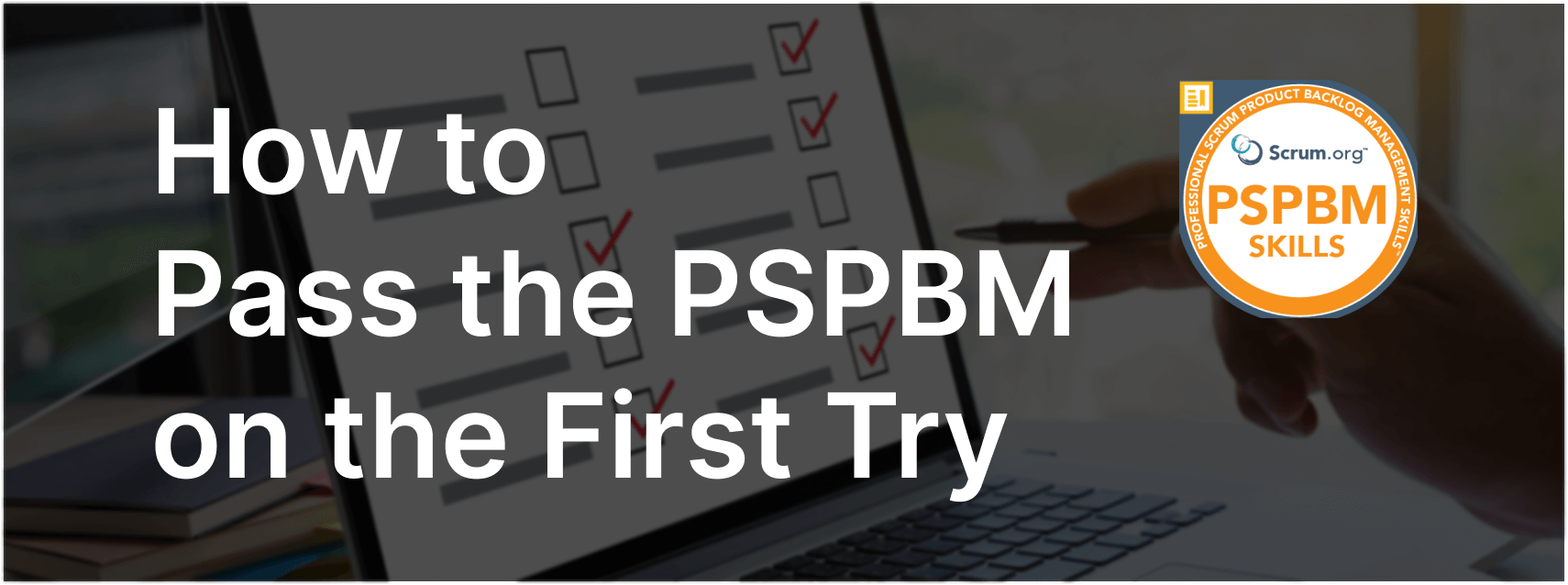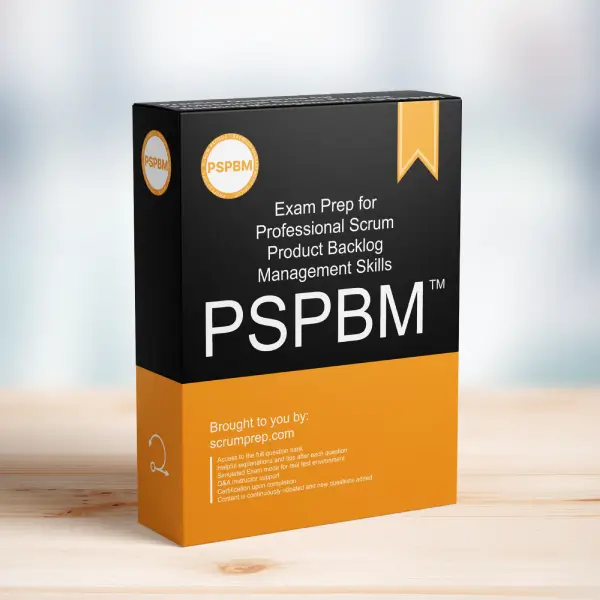Ordering the Product Backlog
The Product Owner (PO) is accountable for the ordering of the Product Backlog. Feedback from Developers and stakeholders is valuable, but the final decision rests with the Product Owner.
Exam Question
The Developer approaches the Product Owner and tells them that the order of the Product Backlog is incorrect. What should the Product Owner do?
(choose the best answer)
A. Ask the Developer to see if the Scrum Master agrees with the order of the Product Backlog.
B. Call a meeting with the Scrum Master, stakeholders, and the Developers to determine what to do next.
C. Consider the Developer’s opinion, however, the final ordering decision is the Product Owner’s.
D. Re-order the Product Backlog based on the Developer’s feedback.
Correct Answer
C. Consider the Developer’s opinion, however, the final ordering decision is the Product Owner’s.
Explanation
Correct Answer
C. Consider the Developer’s opinion, however, the final ordering decision is the Product Owner’s:
The Product Owner should always consider feedback from the Developers, as they provide valuable insights from a technical perspective. However, the responsibility of ordering the Product Backlog lies with the Product Owner. They need to balance various factors including business value, customer needs, and technical feasibility.
Why the Other Options Are Less Relevant
A. Ask the Developer to see if the Scrum Master agrees with the order of the Product Backlog:
The Scrum Master does not have the responsibility of ordering the Product Backlog. This responsibility is solely with the Product Owner.
B. Call a meeting with the Scrum Master, stakeholders, and the Developers to determine what to do next:
While collaboration and input from the team and stakeholders are important, calling a meeting for every feedback might be inefficient. The PO should gather input but make the final decision.
D. Re-order the Product Backlog based on the Developer’s feedback:
Automatically re-ordering based on one Developer’s feedback without considering the broader context and priorities is not advisable. The PO should evaluate the feedback in the context of overall goals and priorities.
Benefits of Considering Developer Feedback
- Improved Transparency: Ensures that technical insights are incorporated into backlog prioritization.
- Enhanced Collaboration: Fosters a collaborative environment where the Developers feel heard and valued.
- Better Decision Making: Leads to more informed decisions that balance business and technical considerations.
Relevance to the PSPBM Skills Exam
Understanding the Product Owner’s accountability in managing the Product Backlog is crucial for the PSPBM Skills exam. This knowledge demonstrates the ability to balance feedback, prioritize effectively, and maintain focus on delivering value.
Key Takeaways
- The Product Owner is accountable for the Product Backlog order.
- Feedback from Developers is valuable but the final decision rests with the Product Owner.
- Effective backlog management involves balancing various inputs to deliver the highest value.
Conclusion
The Product Owner must balance feedback from various sources while maintaining accountability for the Product Backlog. This ensures that the most valuable and feasible items are prioritized, supporting effective Scrum practices. For more information on preparing for the PSPBM Skills exam, visit our Professional Scrum Product Backlog Management Skills PSPBM™ Exam Prep.



